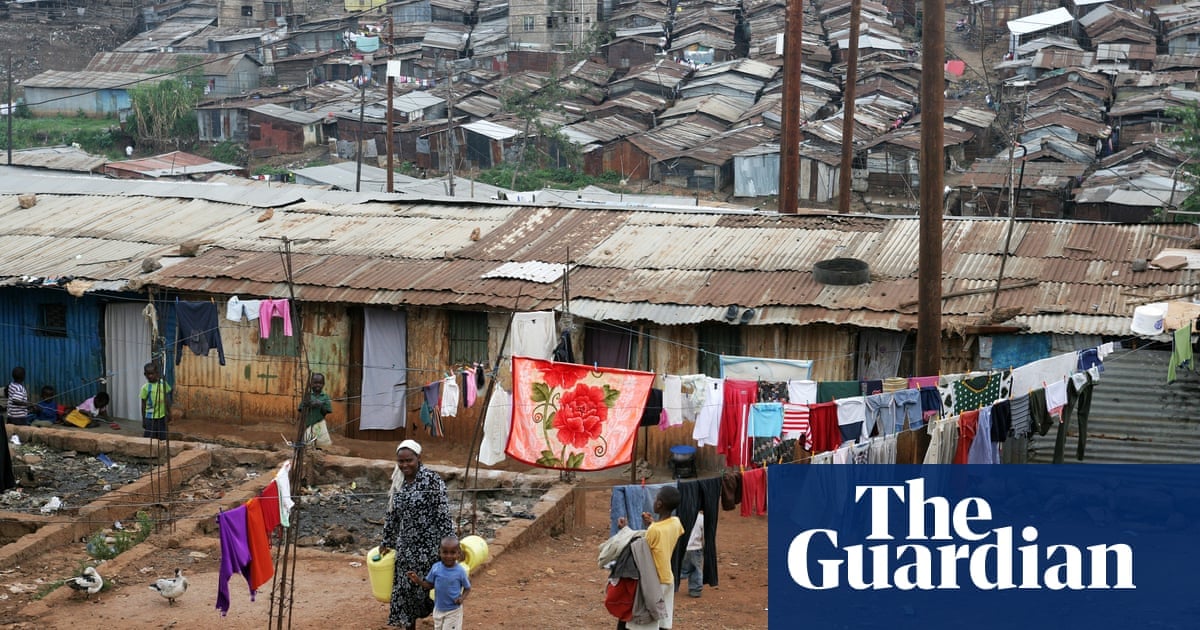Brazil, Germany, Spain and South Africa sign motion for fairer tax system to deliver £250bn a year extra to fight poverty and climate crisis
The world’s 3,000 billionaires should pay a minimum 2% tax on their fast-growing wealth to raise £250bn a year for the global fight against poverty, inequality and global heating, ministers from four leading economies have suggested.
In a sign of growing international support for a levy on the super-rich, Brazil, Germany, South Africa and Spain say a 2% tax would reduce inequality and raise much-needed public funds after the economic shocks of the pandemic, the climate crisis and military conflicts in Europe and the Middle East.
They are calling for more countries to join their campaign, saying the annual sum raised would be enough to cover the estimated cost of damage caused by all of last year’s extreme weather events.
“It is time that the international community gets serious about tackling inequality and financing global public goods,” the ministers say in a Guardian comment piece.



That’s your income not your net worth, 2% of your net worth would be taking the value of all your cash + stocks/investments/businesses + assets like cars/homes/land/collectibles/jewelry/etc and taxing 2% of that value.
Your income shouldn’t be your net worth unless you’re honestly spending every dime of every check
A lot of us are poor enough where we sorta have to just to survive.
I’m in that club. Woohoooo!
Right? Who can afford to own things?
So what about people paying more in taxes than their net worth is?
Not super relevant to the convo, everyone pays taxes based on income, the proposal is to make rich people ALSO pay on net worth, not all people. For most people the effort of doing a net worth assessment isn’t worth the tax income
Yeah I know, IMO hoarding wealth is just bad for the system we agree on (using paper slips and numbers in computers to exchange goods and services). It just gives power to the few, without the possibility to overturn them as we might in an election.